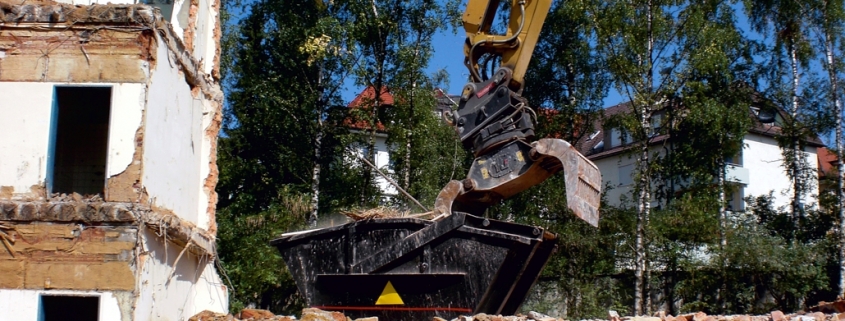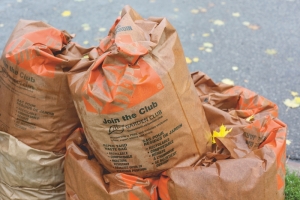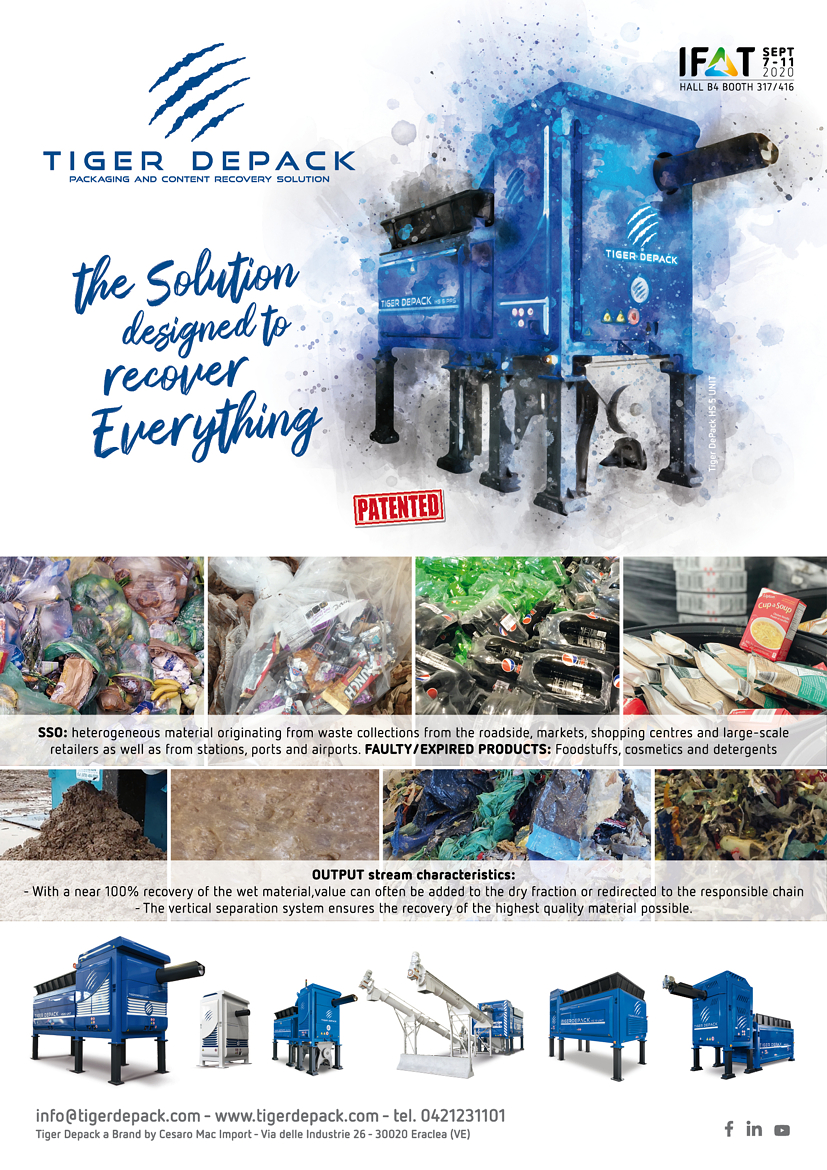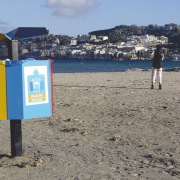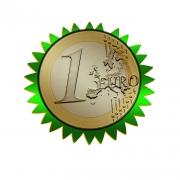Seven European Cities Pilot Solutions to Be more Circular
“CityLoops” is a new EU-funded project focusing on organic as well as construction and demolition waste.
Høje-Taastrup and Roskilde (Denmark), Mikkeli (Finland), Apeldoorn (the Netherlands), Bodø (Norway), Porto (Portugal) and Seville (Spain) are the seven European cities that will pilot a series of demonstration actions on these types of waste to achieve material circularity. According to the information, more than 30 new tools and processes will be tested as part of the “CityLoops” project with 28 partners involved, which will run until September 2023.
Construction and demolition waste (CDW) – including soil – and organic waste (OW) are two of the most significant urban material flows with a remarkable environmental impact in European cities. The EU-funded “CityLoops” project will develop a series of innovative procedures, approaches, open access and open source tools to embed circularity within planning and decision-making processes. The ultimate goal is to drive the transition to a circular economy, ICLEI – Local Governments for Sustainability, a global network of more than 1,750 local and regional governments committed to sustainable urban development, emphasized.
The seven pilot cities – all of them are small- to medium-sized ones – will structure their pilots in three phases: inception, preparation and replication phase. The solutions and actions go from instruments for predicting future excavated CDW and soil production to awareness-raising campaigns, circularity decision-making support tools, simulation of impacts 3D visualization tools and procurement guidelines for OW products. A total of ten demonstration actions will be implemented, testing over 30 new tools and processes.
Alongside these, a sector-wide circularity assessment and an urban circularity assessment will be carried out in each of the cities. The former will help to optimize the demonstration activities, whereas the latter will enable cities to effectively integrate circularity into planning and decision making.
Another key aspect of “CityLoops” is circular procurement: The seven demonstrator cities will explore how public sector purchases can create markets for innovative circular economy products and solutions – from more circular design and increasing the use of recycled content in products, to ensuring reparability, reuse and appropriate recycling of products and materials, and promoting servicisation models. The active involvement of key stakeholders in every stage of the project will be of crucial importance, too.
Waste volume
Construction and demolition waste is, in volume terms, the most significant waste fraction in Europe. In 2012 construction and demolition activities were responsible for 32 percent of all waste generated in the European Economic Area with a further 27 percent from mining and quarrying, ICLEI cited Eurostat (2015). Resource consumption for buildings and infrastructure in Europe is highly material intensive, consuming between 1.2 and 1.8 billion tons of materials per annum in Europe according to the research and consulting company Ecorys (2014). The construction sector is also economically important, contributing on average five to 13 percent of the total (gross) value-added (Eurostat, 2015).
Regarding organic waste, according to the European Commission, the European Union produces approximately 130 million tons per year, a number that is projected to have increased by 10 percent by 2020, ICLEI reported. Organic waste consists of organic fractions of municipal solid waste (OMSW) as well as organic waste from commercial sources and public spaces. Overall, 68 percent of organic waste produced annually in the EU consists of food waste originating from food manufacturing and packaging processes (39 percent), household scraps (42 percent) and restaurants/grocery stores (19 percent).
(GR12020, Page 34, Photo: O. Kürth)

